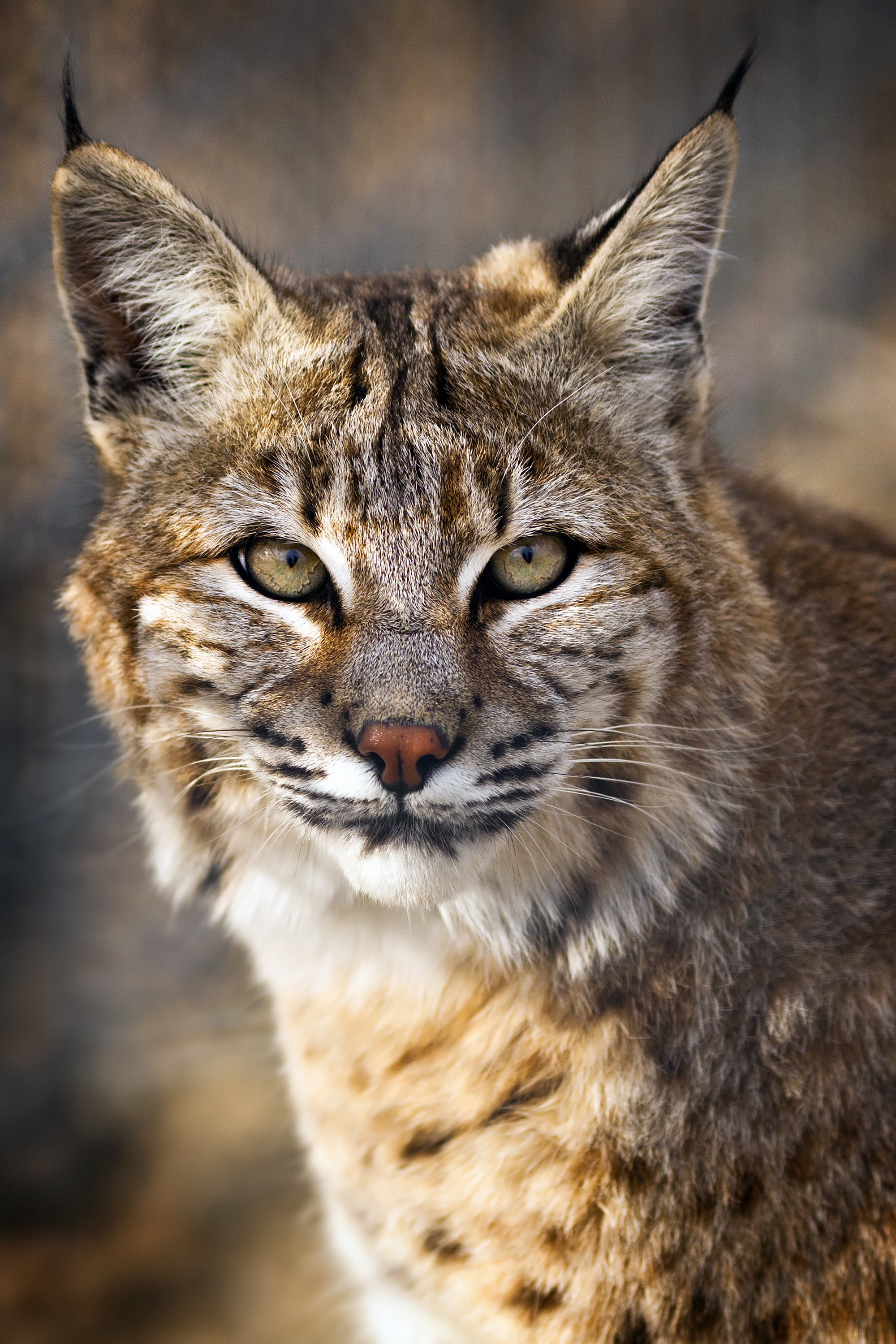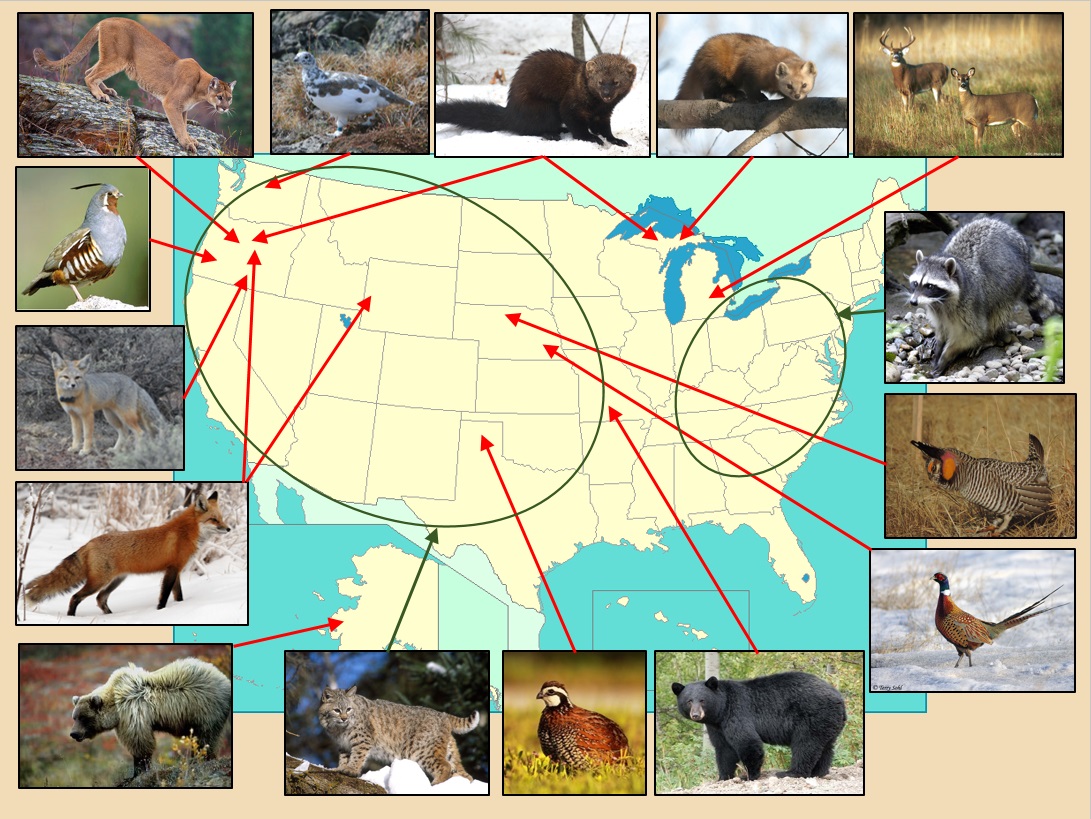
Gathering information about the smallest feline species in the western United States can sometimes feel a bit like herding cats. As each state wildlife agency in the west is responsible for huge swaths of land, different survey and data collection techniques are often adopted. And, since bobcats exist in different ecosystems and are also managed differently depending on state law, some states focus on pelt-value while others do not. The question then becomes, how can bobcats more effectively and efficiently be managed over such a large and diverse region?
Officially titled, “Estimating Multi-State Bobcat Populations to Inform State Management Decisions throughout the Western U.S.,” funding from SCI Foundation is now being used to organize bobcat data via the Wildlife Ecology Institute’s Western U.S. Bobcat Project conducted by Dr. Tim Hiller. Ultimately the goal of this project is to guide state agencies that plan to continue or begin harvesting bobcats while backing their decisions with hard science.
(Photos courtesy of Dr. Tim Hiller’s SCIF Webinar Series)
Using the Statistical Population Reconstruction. (SPR) model, a successful model with mountain lions, policy making and harvest activities will be made as efficient as possible. The SPR model will aid state agencies in designing and implementing a bobcat-specific plan, as it will create an outline and allow them to leverage resources to begin and sustain bobcat programs.

(Photo courtesy of Dr. Tim Hiller’s SCIF Webinar Series)
Every participating state has data on bobcats, however due to budget shortfalls, some of these agencies can’t take full advantage of that data. The first objective of this project is to evaluate bobcat data from Arizona, California, Idaho, Kansas, Montana, Nebraska, Nevada, New Mexico, North Dakota, Oklahoma, Oregon, South Dakota, Texas, Utah, Washington, and Wyoming. Once researchers have an idea of where everyone is with regards to data collection and methodology, they will know exactly where the data gaps are and how to repair them.
Pelt prices for bobcats are high, bobcat hunting is steadily increasing, and bobcat populations are thought to be “stable or increasing” in the west, according to the U.S. Fish and Wildlife Service’ Journal of Fish and Wildlife Management. However, without good solid science, management decisions which allow sustainable harvest of bobcats are doomed to fail against the emotion-driven arguments against them. As Dr. Tim Hiller has put it, “State agencies need to provide substantial and increasingly technical evidence that harvest is sustainable, and that management decisions are informed and defensible based on the best available science.”
The constant search for data about America’s smallest wild cat just might be what saves them. This multi-state approach to improve the national understanding of bobcats in the west, a region with many different states with so many different interests and needs will be challenging to say the least. SCI Foundation remains a strong supporter of the Wildlife Ecology Institute’s Western U.S. bobcat Project.
Currently, 17 of the 23 states west of the Mississippi River are participating, however even if you are with a state agency outside the western U.S., please feel free to contact our researchers and learn how you can become a part of this project by clicking HERE.
![scif-logo[1]](https://firstforwildlife.files.wordpress.com/2017/10/scif-logo1.jpg)
For more information on SCI Foundation go to our First For Wildlife blog, like us on Facebook, follow us on Twitter and Instagram, or visit our website at www.safariclubfoundation.org.
Safari Club International Foundation is a 501(c)(3) non-profit organization that funds and directs worldwide programs dedicated to wildlife conservation and outdoor education. Any contribution may be tax deductible under Internal Revenue Code section 170(c) as a charitable contribution to the extent permitted by law. Tax deductible amount of gift is reduced by the Fair market Value of any goods, services, or advantages that a sponsor receives for the donation. EIN #86-0292099.

